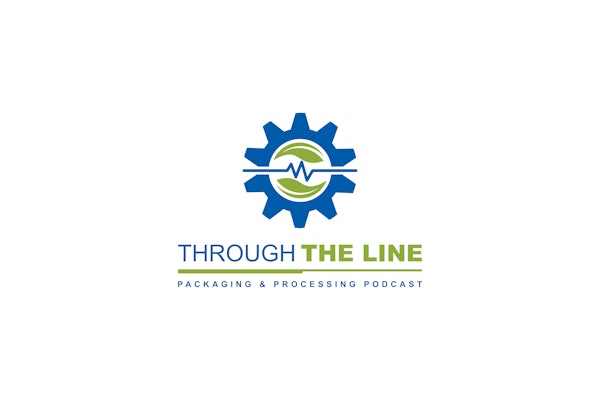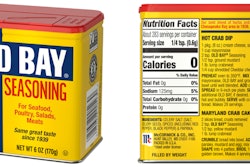As executive director of the Woodstock Institute for Science in Service to Humanity (www.wissh.org), Marsh is seeking funding for what WISSH calls the Global Food Security program. Its stated goals are as follows:
• Promote international cooperation of existing post-harvest efforts to recover food that is produced but not consumed
• Enhance this cooperation with a volunteer network of experts
• Utilize political and cultural experts to ensure that food recovery efforts are appropriately implemented in traditional societies
• Use this additional food not only for purposes of hunger reduction but also as a means of spurring economic development
This initiative does not discount the importance of using improved agricultural production as a tool to reduce hunger. But growing more isn’t enough. The Global Food Security program recognizes that without reliable post-harvest practices, the odds of getting food from the farm to the hungry are not good.
“I’m trying to find support for a program that is international in its outlook and that fosters communication, cooperation, and collaboration,” says Marsh. “Post-harvest losses are between 20 percent and 60 percent worldwide. A number of smaller developing countries have institutes of post-harvest technology trying to address post-harvest losses by looking at food distribution, finding out where the losses occur, and developing packaging technology to reduce those losses. Local governments typically support and fund these institutes. But the work that each one does rarely gets shared in any meaningful way because there’s little or no coordinated cooperation. That’s what I’d like to change. With some funding, I think I can have a big impact.”
Marsh is well aware that various foundations and government agencies exist for the purpose of funding humanitarian efforts like his. But these organizations receive so many requests that they have had to establish screening guidelines just to make it possible to process all those requests. If you don’t fit the guidelines, your request never makes it through to the people who actually make the decisions. And in the case of the Global Food Security program, that’s a problem. “This program has never been done before and fits no guidelines,” says Marsh. “So it’s basically unfundable where traditional foundations and government agencies are concerned.”
So Marsh has turned to the suppliers of packaging materials, machines, and services for the funding he needs to complete a pilot project involving Viet Nam, India, Sri Lanka, Thailand, and the Phillipines. At Pack Expo, where I caught up with him, he was surprised by how receptive company presidents and CEOs were when he described his project and its funding needs. One firm that has been especially helpful the past few years is Dow, where it’s the business units, not the Dow Foundation, that have provided funding. “Altruism is part of their motivation,” says Marsh. “But business objectives are served, too, because they think this will bring an awareness of packaging to regions that currently underestimate how badly it’s needed.”
Marsh isn’t the only packaging professional with world hunger in his sights. The sponsors of both interpack and Ipack-Ima announced at Pack Expo that their shows will incorporate ambitious programs aimed at addressing world hunger. For more on these programs, visit www.interpack.com or www.ipackima.it/en. To contact Marsh, it’s [email protected]

























